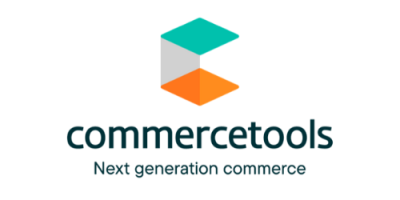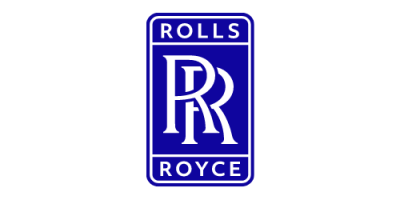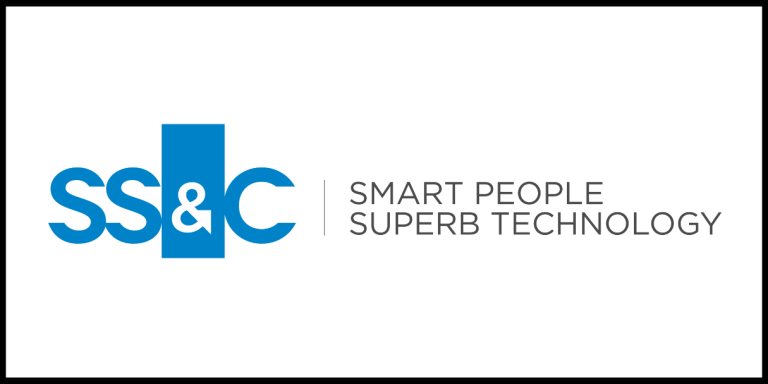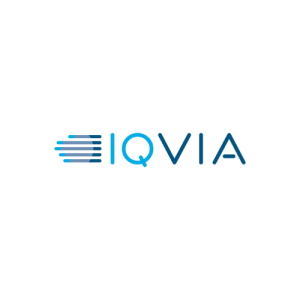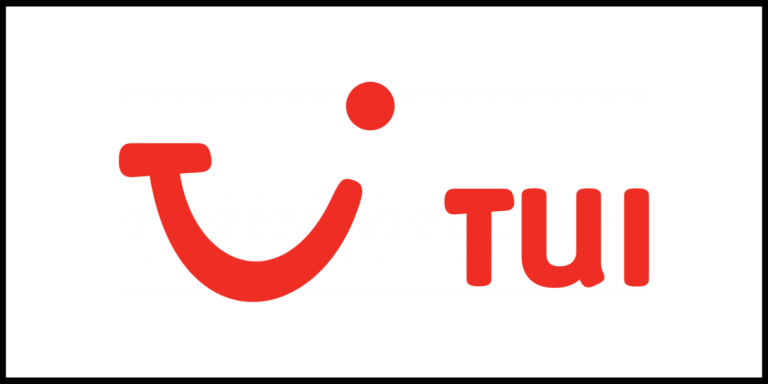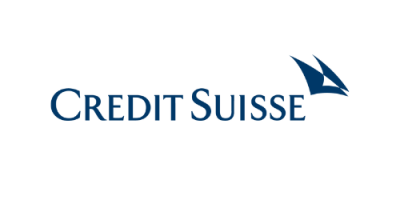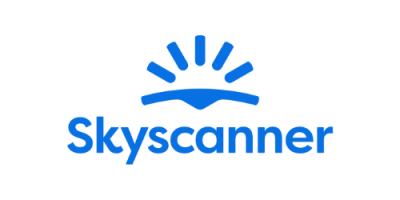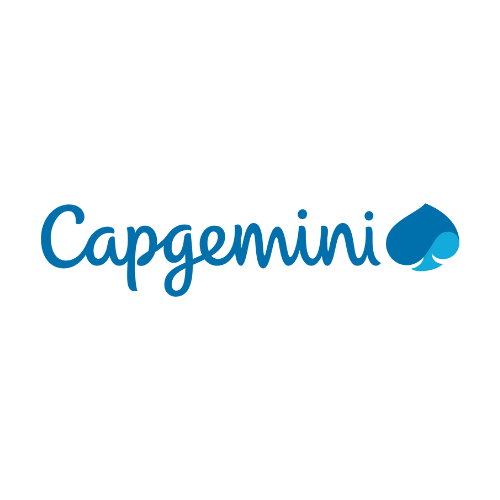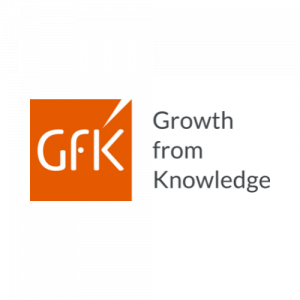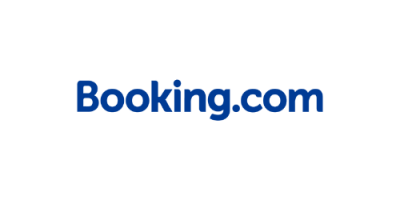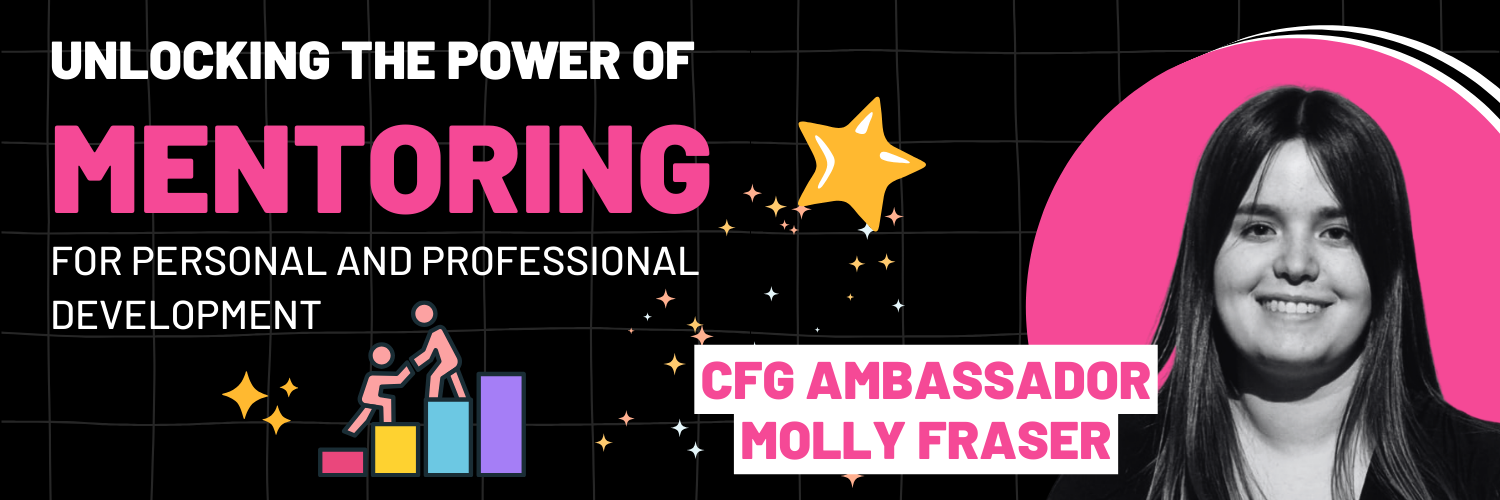
Content Menu
Unlocking the power of mentoring for personal and professional development
Mentoring is a powerful tool for both personal and professional growth, yet many people feel unsure about how to find great mentorship or become a mentor themselves. Whether you’re looking to advance your career, build confidence, or gain guidance from someone who has been in your shoes, mentoring can provide invaluable support.
Ready to explore the benefits of mentoring, learn about different mentoring styles, and take practical steps to help you find or become a mentor? Senior Software Engineer and CFG Ambassador, Molly Fraser shares all that and more.
Throughout her early career, Molly benefited from the guidance of experienced mentors who’ve helped to shape her skills, and confidence and identify areas of opportunity. That’s why she’s passionate about giving back—whether through formal mentoring or sharing insights—helping others navigate their own career journeys with support and encouragement.
What is Mentoring?
Simply put, mentoring is a relationship where a more experienced person provides guidance, support, and knowledge to someone who is seeking growth in a particular area. It can take many forms, but the two most common styles are:
One-to-One Mentoring: A structured relationship where a mentor supports a mentee with personalised advice, career guidance, and professional development.
Peer Mentoring: A more informal setup where individuals, at similar stages in their careers, support and learn from each other
The Benefits of Mentoring for Career Growth
Mentoring can have a profound impact on career progression. A study found that employees who participated in a mentoring program were five times more likely to be promoted than those who did not.
Additionally, a meta-analysis published in the Journal of Vocational Behavior concluded that mentored individuals often experience greater career success, including higher compensation and more promotions, compared to non-mentored individuals.
Seeking out guidance and finding a great mentor can help to accelerate your career, but there are also other benefits to mentorship.
- Goal Setting: A mentor can help you set clear, achievable career goals and provide guidance on how to reach them
- Leadership Development: Learning from someone with experience can help you develop leadership skills and navigate workplace challenges
- Networking Opportunities: Mentors often introduce mentees to new connections, communities or events, opening doors to career opportunities
A study found that employees who participated in a mentoring program were five times more likely to be promoted than those who did not.
The Personal Benefits of Mentoring
Beyond career progression, mentoring also provides personal growth opportunities, with research indicating that mentoring relationships not only lead to improved job and career satisfaction but increased confidence too!
Need more convincing? Here are just a handful of personal benefits that you can gain from having a mentor:
- Increased Self-Confidence: Receiving encouragement and constructive feedback helps mentees build confidence in their abilities
- Improved Communication Skills: Regular discussions with a mentor enhance clarity in expressing thoughts and ideas
- Sense of Fulfilment: Both mentors and mentees find the experience rewarding, as it fosters personal connections and a sense of giving back
- Enhanced Decision-Making: With their experience, mentors help you make informed decisions and avoid common pitfalls, improving your judgment.
- Inspiration and Motivation: A good mentor inspires you to push past limitations, achieve your goals, and believe in your potential.
Mentoring not only leads to improved job satisfaction but increased confidence too!
How to Find a Mentor
Finding the right mentor might feel overwhelming, but it doesn’t have to be. It’s important that you find the right fit for you and your goals, and don’t be afraid to switch mentors if you feel like it’s just not working out – there’s no commitment!
Check out our 5 practical steps to get started on finding a good mentor:
- Identify Your Goals: Determine what you want to gain from a mentoring relationship
- Look Within Your Network: Colleagues, former managers, and industry contacts can all be great potential mentors
- Join Mentorship Programs: Platforms like Google Summer of Code (GSoC), Coding Coach, ADPList, or professional associations often offer structured mentoring opportunities
- Attend Industry Events: Conferences and networking events provide great chances to meet potential mentors
- Don’t Be Afraid to Ask: Many experienced professionals are happy to mentor but may not openly advertise it
What to Look for in a Mentor
So you’ve decided what it is you want to achieve with mentorship, but how do you pick the right mentor? Depending on what you need, there are many qualities you’ll want in order to build a trusted relationship, but here’s a few things to keep an eye out for:
- Experienced in your field: Their knowledge and insights should align with your own career aspirations
- Supportive and approachable: They should be able to provide constructive feedback in a way that encourages growth
- Committed and available: A mentor should have time to invest in the relationship
It’s also worth noting, that you can have a brilliant mentor but you are still required to put in your own work to reap the benefits. It’s recommended that for every hour of time you have with your mentor, you should put in 3 times that behind the scenes. For example, if you were to have a 30-minute slot with your mentor, should aim for around 1.5 hours of preparation and post-meeting work.
How to Become a Mentor
Being a mentor is incredibly rewarding! Not only does it give you a sense of pride and purpose but is the chance to build meaningful connections, improve your own skills and enhance your career opportunities.
If you’re considering becoming a mentor, here are a few reasons to help ignite that spark:
- It enhances your leadership skills: Mentoring allows you to refine your ability to motivate, inspire, and guide others
- You gain new insights: Teaching others often deepens and broadens your own understanding and broadens your perspective
- It’s a chance to give back: Supporting someone on their journey is so fulfilling and is a way to make a positive and lasting impact
To get started with being a mentor you can begin with offering mentorship informally within your own network, communities or organisations that you are a part of. From there, you can explore mentorship programs to sign up for and become a mentor on a more structured basis.
Not quite ready to dive into mentoring? Why not start by sharing your knowledge through workshops or online content, like blogging! It’s a fantastic way to spread your expertise, inspire others, and offer valuable support to those looking to learn.
Conclusion
Mentoring is a two-way street that benefits both mentors and mentees. While it’s a great tool to help you grow into your career, it also other many other benefits for your own personal development. Remember, just like any investment you may to yourself, you can start off small and work your way up!


